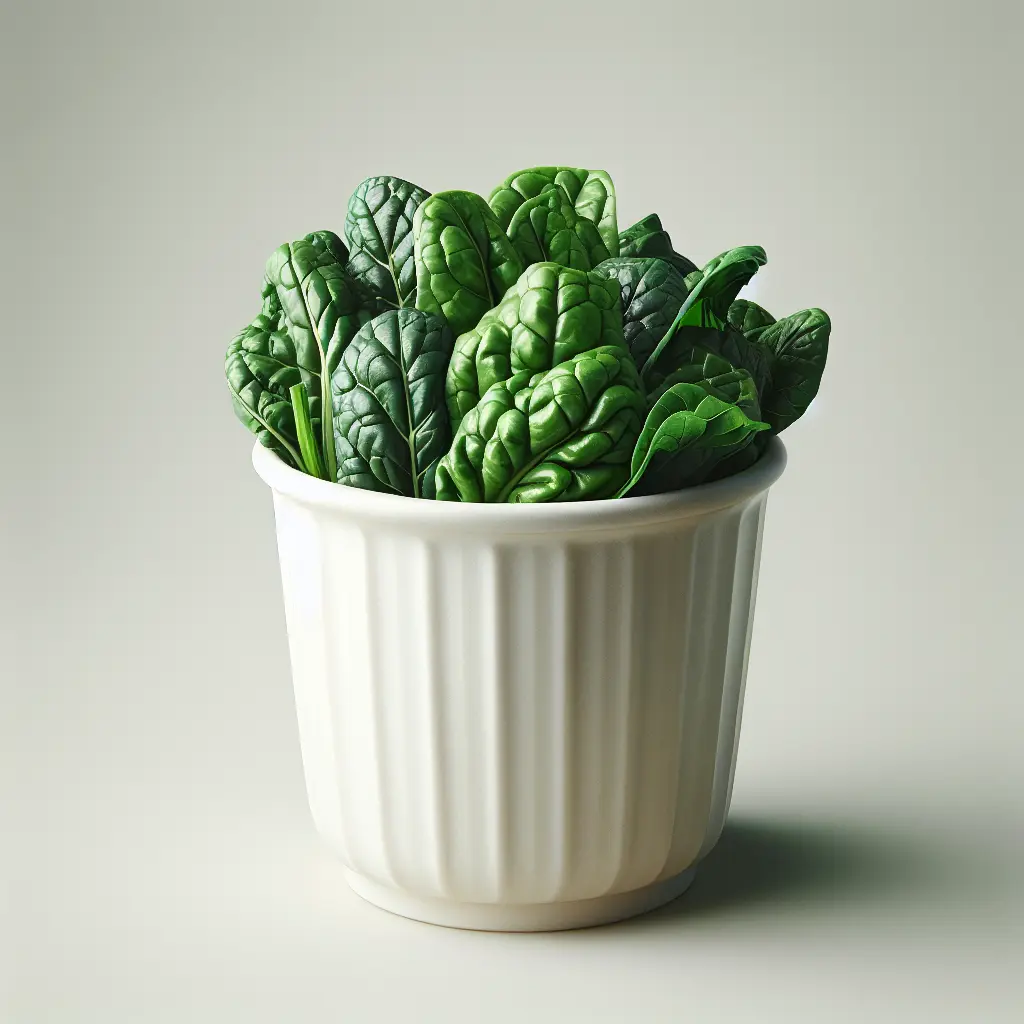Chard: A Nutritional Powerhouse
Chard, a member of the beet family, is a leafy green vegetable brimming with an array of essential nutrients. It is an excellent source of vitamins, including vitamin K, vitamin C, and vitamin A. Vitamin K plays a crucial role in blood clotting and bone health, while vitamin C is vital for immune function and skin health. Vitamin A contributes to healthy vision and immune system.
Furthermore, chard is a good source of minerals such as potassium, magnesium, and iron. Potassium helps regulate blood pressure and fluid balance in the body. Magnesium supports muscle and nerve function, while iron is essential for red blood cell production. Chard also contains dietary fiber, which promotes digestive health and satiety.
Health Benefits of Chard
Incorporating chard into your diet may offer several health benefits:
- Reduced risk of chronic diseases: Chard contains antioxidants, such as lutein and zeaxanthin, which have been linked to a reduced risk of chronic diseases like heart disease, cancer, and age-related macular degeneration.
- Improved bone health: Chard is an excellent source of vitamin K, which is essential for bone health. Vitamin K promotes calcium absorption and utilization, strengthening bones and reducing the risk of osteoporosis.
- Enhanced immune function: The high vitamin C content in chard supports a healthy immune system. Vitamin C is a potent antioxidant that helps protect the body from infections and diseases.
- Boosted digestion: The dietary fiber in chard promotes digestive regularity and helps prevent constipation. Fiber adds bulk to stools, making them easier to pass.
- Reduced inflammation: Chard contains anti-inflammatory compounds, such as betaine and choline, which may help reduce inflammation throughout the body.
Culinary Versatility of Chard
Chard's culinary versatility makes it a welcome addition to various dishes. Its slightly bitter and earthy flavor complements a wide range of cuisines.
- Salads: Chard's tender leaves can be added raw to salads for a boost of nutrition and flavor. It pairs well with other leafy greens, fruits, and vegetables.
- Stir-fries: Chard can be stir-fried with other vegetables, such as broccoli, carrots, and bell peppers, for a quick and healthy side dish or main course.
- Soups and stews: Chard's leaves and stems can be added to soups and stews to enhance their nutritional value and flavor. The stems add a slightly crunchy texture.
- Smoothies: Chard's mild flavor makes it a great addition to smoothies. It provides a boost of nutrients and antioxidants without overpowering the taste.
In conclusion, chard is a nutrient-packed leafy green vegetable that offers a myriad of health benefits. From reducing the risk of chronic diseases to boosting digestion, chard is a valuable addition to a healthy diet. Its culinary versatility makes it easy to incorporate into various dishes, from salads to smoothies. Embrace the nutritional and culinary delights of chard to enhance your well-being and culinary adventures.
How many calories are in Chard?
Each 1 cup, chopped of Chard contains 35 calories.
Chard Nutritional Information
| Nutrient | Amount per 1 cup, chopped (175g) |
|---|---|
| Calories | 35 Calories |
| Protein | 3.3g |
| Fat | 0.1g |
| Saturated Fat | 0g |
| Cholesterol | 0mg |
| Carbohydrates | 7.2g |
| Dietary Fiber | 3.7g |
| Sugar | 1.9g |
| Sodium | 0.313mg |
| Potassium | 0.9608mg |
| Calcium | 0.102mg |
| Iron | 0.004mg |
